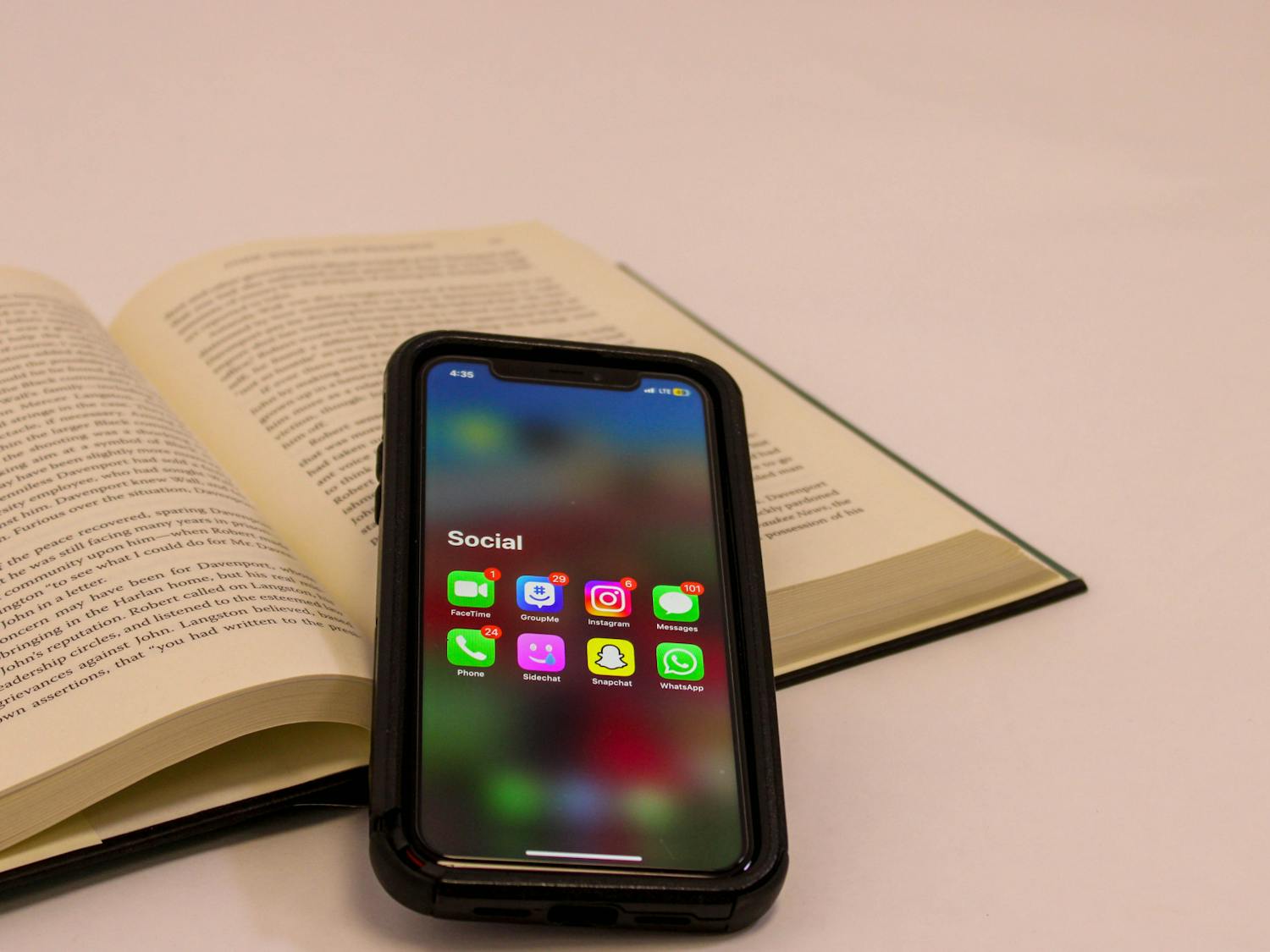Between classes, there's no question: the kiosks set up in almost every building at Penn are student hot spots. In one simple sweep, any undergraduate, graduate or staff member can access their e-mail and the Web, keeping up to date on both their personal and professional lives.
While this access is beneficial, it is not out of the ordinary -- almost all major universities in the United States provide such access for their students in an equally convenient fashion.
This is all well and good until a non-Wharton student attempts to log in to a kiosk in one of the Wharton buildings, only to find that he or she is not permitted to do so. Why?
Academic segregation. It's a concept that seems to have been debated, but never taken very seriously. After all, the University is set up to have four independently-run undergraduate schools and eight other schools housing graduate and professional programs; it's only natural that they would distance themselves from one another, right?
Wrong. Though the issue of using Wharton computers may seem trivial, it is symptom of a larger problem. It seems that while most other schools can play fair and offer access to all students, the Wharton systems are "unable" to do so. Wharton tells us that when non-Wharton students take Wharton classes, requiring the use of Wharton computers, exceptions are made and access are granted.
Maybe it's just me, but the phrase "separate but equal" comes to mind.
The fact is, the Wharton School has been able to ignore common decency because they are continually ranked higher than the University's other divisions and are able to generate more revenue -- largely due to executive education -- in a sense buying them some special level of autonomy. Any student who has heard an undergraduate say that they attend "Wharton" instead of "Penn" will vouch for the fact that this mentality has even been passed along to its students.
It didn't take me long to realize the marked boundary between Wharton and the rest of Penn -- the free copies of the Financial Times, the Wharton apparel sitting alongside University sweatshirts in equal quantities (where are the Nursing T-shirts?). Since Wharton is able to afford such perks, they may provide them, which is undoubtedly their right. But does that make it right?
Change cannot, and should not, be imposed from above, but instead must come from within. The Wharton School must recognize its duty, as a part of the University of Pennsylvania, to avoid a mindset of superiority to the rest of the University that is oftentimes harmful to Penn as a whole. Just as a weightlifter, in recognizing his strength, refrains from causing physical harm to others unless necessary, Wharton should enjoy its status as a highly-ranked business school -- and all that comes with it -- while co-existing with its fellow university affiliates. Offering other students access to their kiosks won't downgrade them to No. 2 in the U.S. News and World Report rankings.
Most of the time, I am proud to be a Wharton undergrad and I love the fact that I can study what I enjoy at a great institution. I love the way that Wharton stands for the American dream and I love the way that is has adapted to change flawlessly over the years.
If Wharton were not Wharton -- if it lacked its character and history of innovation -- I would not be so critical. Such blatant segregation runs contrary to Joseph Wharton's vision and erodes my respect for the school. To be sure, capitalism warrants such separation -- but if Wharton was intended be a capitalistic endeavor, then it may as well not have been a part of the University in the first place.
While the recent accounting scandals have shed a negative light on corporate America as a whole, they undoubtedly raise questions about Wharton as well. Now, it is more important than ever for schools like Wharton to show that they do stand by principles and are not abusive of the system.
You're better than that, Wharton. Do something.
Aneri Jambusaria is a sophomore Finance concentrator from Monroeville, Pa.








